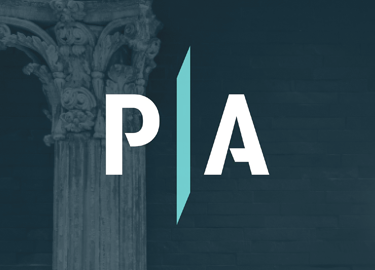
AseraCare is facing a whistleblower lawsuit from the US Government based on the False Claims Act. This case could set a precedent for future qui tam FCA cases, and to understand its impact we first need to understand the case itself.

AseraCare is facing a whistleblower lawsuit from the US Government based on the False Claims Act. This case could set a precedent for future qui tam FCA cases, and to understand its impact we first need to understand the case itself.

In United States v. AseraCare, whistleblowers and government prosecutors obtained a substantial partial verdict against AseraCare, a for-profit home hospice company. The Government argued, and the jury agreed, that AseraCare was deliberately enrolling and billing Medicare for patients who were not eligible for hospice care. The district court, however, ultimately granted summary judgment in favor of AseraCare.

Whistleblowers exposed Beaver Medical Group, L.P. for fraudulently misrepresenting its patients’ diagnoses to make them appear sicker in order to receive greater compensation. Ultimately, they agreed to pay the Government over $5 million and the whistleblower received $850,000. However, there was no determination of liability.

The Department of Justice recently announced a $48 million settlement in an important case over the accuracy of the information healthcare providers give to Medicare. HealthSouth, now known as Encompass Health, misrepresented its patients’ diagnosis to Medicare to keep certain facilities qualified as “Inpatient Rehabilitation Facilities”, and to receive higher reimbursement rates for patients.

Baldwin Bone & Joint P.C. faced allegations of Medicare fraud, along with accusations of violating the Physician Self-Referral Law, also known as the Stark Law. The case ruling may make it easier for whistleblowers to expose healthcare fraud in the future.

Whistleblowers exposed Mallinckrodt for violating The Federal Anti-Kickback Statute, alleging that from 2009-2013 the company used lavish meals and entertainment to motivate doctors to prescribe Mallinckrodt drugs. This violation of the False Claims Act resulted in a $15 million settlement.